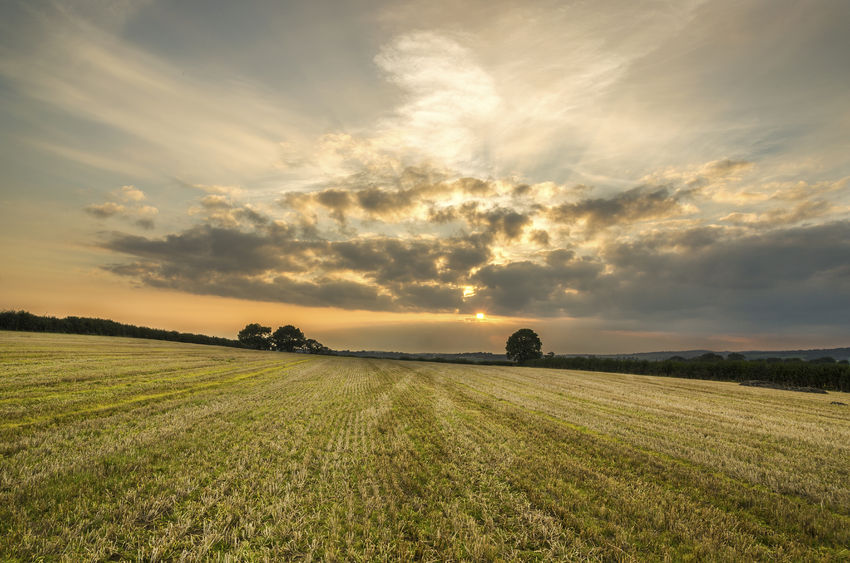
A Scottish chartered surveyors has called the new land and property information hub slow, saying it is "certainly not a fast-moving" project.
This comes after the Keeper of the Registers, Sheenagh Adams, said of the project, which is an online system designed to give the user information about any piece of land, as an "exciting development".
The online system will eventually allow users to find out comprehensive information about any piece of land or property in Scotland with a single enquiry, including school catchment areas, mining reports, invasive species, flood risks and crime statistics.
The hub will also include statistics that people need when making property decisions.
The changes are being made in the Land Registration etc (Scotland) Act 2012, which came into force in December 2014.
The intention is that all properties on the Land Register must be shown on a map and cannot overlap with one another.
However, most land and property in Scotland is rural, notes DM Hall Chartered Surveyors.
While 58% of property is now on the Register, that accounts for only 28% of the land mass.

This means that 72% of land still has to be registered.
'Slightly more than glacial'
The uptake among property and landowners has been only "slightly more than glacial", the Chartered Surveyors said.
The Keeper has tried to encourage a more proactive voluntary registration by offering a 25% reduction in the not-insignificant registration fees.
"Large public sector organisations, for instance, face a mammoth task in trawling through dusty old documents, with consequent professional costs and man hours, to help co-ordinate the myriad of title plans," says land valuer Gordon King.
"The relevant question for Chartered Surveyors is how the profession will react to this new source of information as it gradually evolves and what it means for valuation practice in future and, importantly, market sentiment.
"As a consequence of the processes currently under way, the changes in the amount type and quality of information will become apparent only as time goes by, and the responses from Surveyors are likely to be subject to subtle alteration.
"However, the balance of probabilities is that market places, and the professionals who reflect those markets, will incline naturally to a title which is in modern format, crystal clear in terms of its definitions and delineations and verified by the authority of the Keeper.
"A title where rights of access or rights to private water supplies and drainage outlets are put beyond all doubt, where boundaries follow fence lines, and accesses clearly abut public highways.
"The analogy is that of a car buyer who, faced with a choice of two identical models, chooses the one which has complete records, maintenance logs and documentation, over the car which is backed by assurances from a motor engineer," Mr King says.
"There is likely to be a subtle shift towards the recognition of value in a title registered under the new digital system, in that it puts beyond doubt any potential areas which might be subject to challenge.
"Clearly, as at present, if there is the potential for challenge, value can be reduced significantly.
"The Keeper and her team have embarked on an arduous task, and are facing an uphill struggle in trying to encourage land registration, largely on grounds of cost and understandable inertia.
Mr King concludes that if the new system begins to demonstrate that it facilitates ease of tradability and ease of sale, then the system may be a success.
